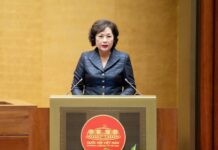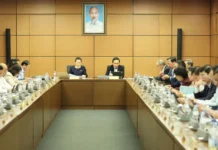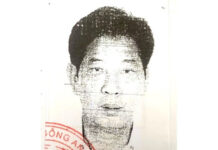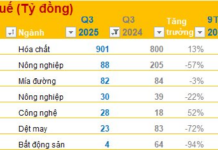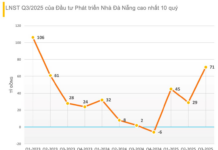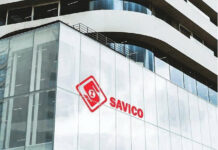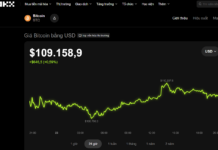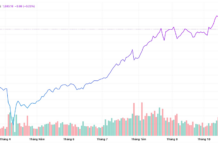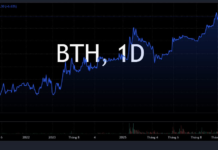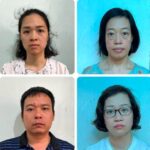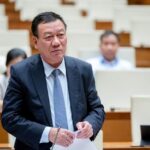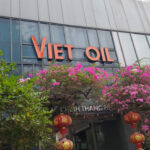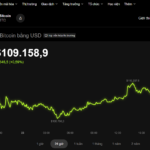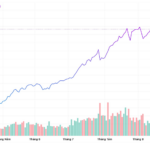On September 6, the Judicial Committee held its 14th plenary session to discuss and review the 2024 anti-corruption report.
Nguyen Manh Cuong, Vice Chairman of the Judicial Committee and representative of the research group, stated that there has been a continued emphasis on controlling the assets and incomes of individuals with positions and authority. This includes timely detection and strict handling of cases involving dishonest asset and income declarations.
Additionally, the report highlights the continued focus on holding leaders accountable for corruption. There is a strong commitment to politically process leaders whose management or supervision results in severe corruption and negativity.
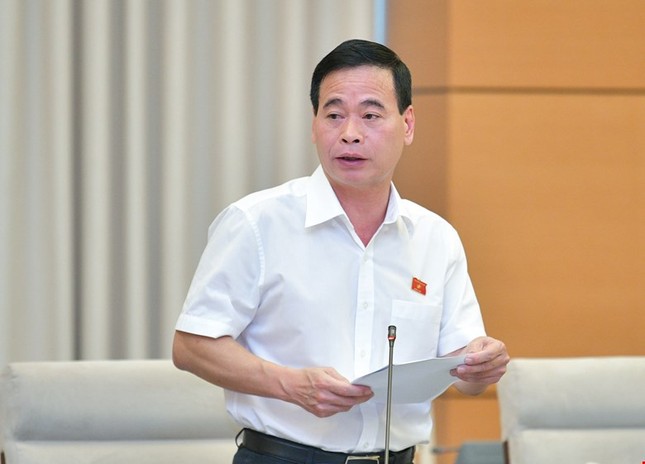
Vice Chairman of the Judicial Committee, Nguyen Manh Cuong
In 2024, the report indicates that 38 leaders and deputy leaders were disciplined for negligence, resulting in corrupt behavior.
While there have been more inspections and checks on the implementation of anti-corruption measures compared to the same period in 2023, the number of detected violations has not increased significantly.
The research group also noted that the detection and handling of dishonest asset and income declarations are not yet commensurate with the actual situation.
According to Mr. Cuong, the handling of recent corruption cases has revealed instances where large undeclared assets of unknown origin were only discovered after the investigation and house searches by the police.
Feedback from the public and voters also indicates that there are still many cases of dishonest asset and income declarations.
The research group believes that administrative discipline and compliance among officials in some agencies, units, and localities remain inadequate. Harassment and causing inconvenience to citizens and businesses have not been completely eradicated. Additionally, there is still a tendency to avoid and shift responsibilities.
Furthermore, corruption and negativity in certain sectors remain severe and complex. Notable issues include significant irregularities in land management and use, bidding, and banking activities, with severe consequences and collusion between degenerate officials and businesses for personal gain. Examples include cases involving Phuc Son Group and Thuan An.
The research group suggests that while the implementation of anti-corruption measures has received attention, their effectiveness has not been fully realized. Many preventive measures are still formalistic.
Based on these realities, the research group of the Judicial Committee proposes to urgently address the obstacles and shortcomings in the legal provisions on anti-corruption, asset control, and income of individuals with positions and authority.
Simultaneously, there should be an increase in inspections, audits, and focus on areas such as land management and use, construction, bidding, banking activities, mineral resource management, and public asset management.
Unveiling the Illicit Invoice Scheme: A Damaging 743 Billion Dong Scandal
Over the course of 5 years, the leadership team at Thanh An Company directed their subordinates to establish two accounting systems for financial reporting, tax declaration, and internal accounting. They also instructed them to create fictitious purchase contracts and invoices to conceal actual profits, reduce tax liabilities, and fraudulently benefit at the expense of the state budget.
“Bribery Scandal: Xuyên Việt Oil Bribes Official with $500,000, Luxury Car and Goods Amidst Massive Tax Debts”
Xuyên Việt Oil, a prominent transportation and tourism company, has found itself in deep financial troubles. With a negative equity of 462 billion VND, the company also owes the state 1,246 billion VND in environmental taxes and 212 billion VND to the Price Stabilization Fund. Despite these staggering figures, the company’s leadership has somehow managed to funnel funds towards bribery, spreading corruption across the industry.






